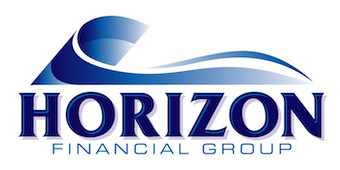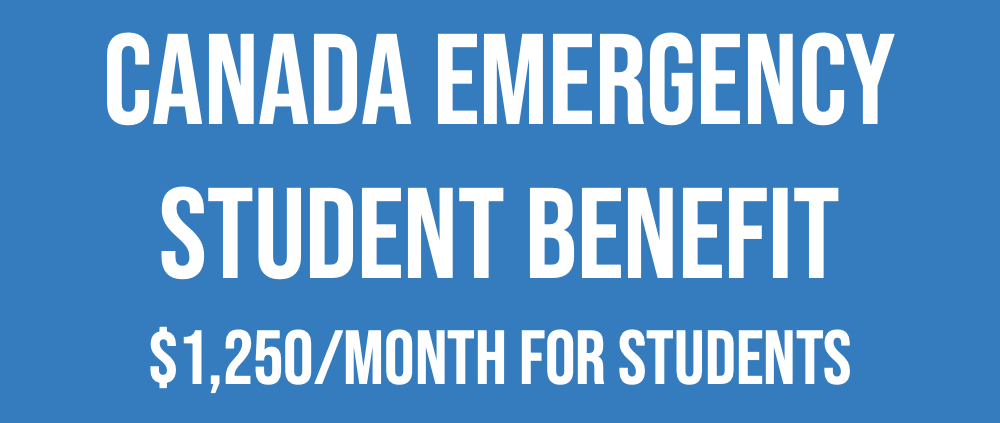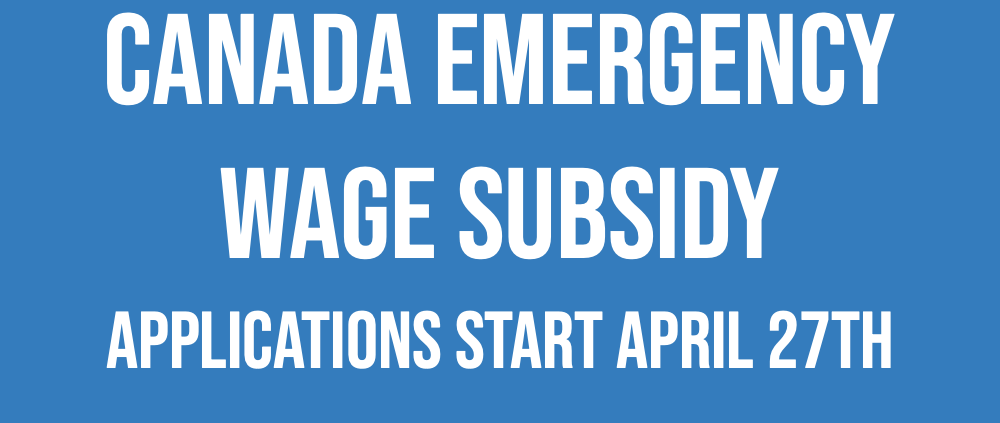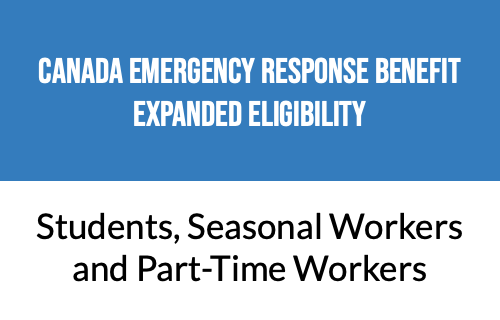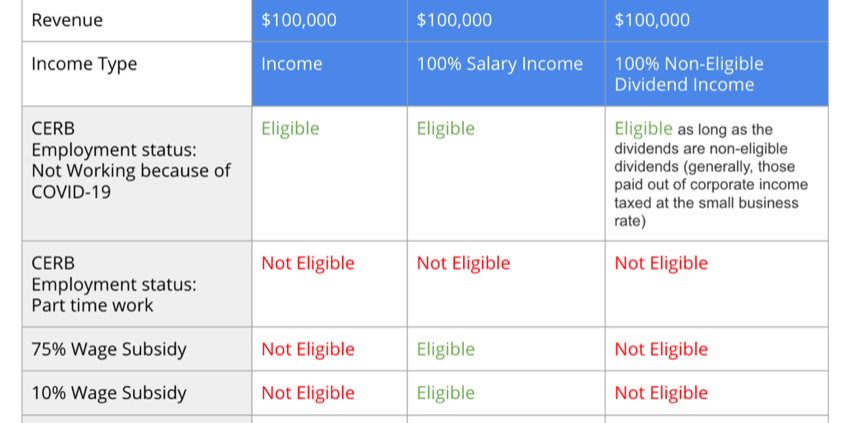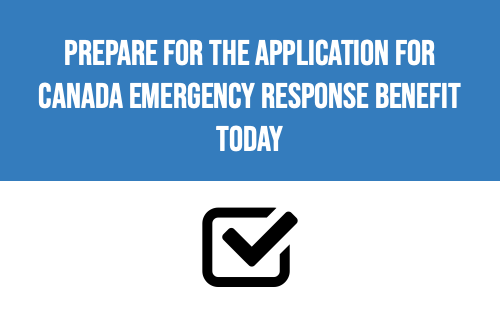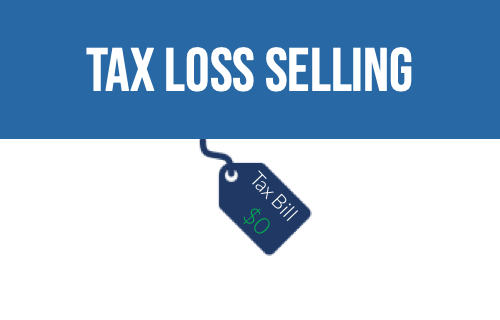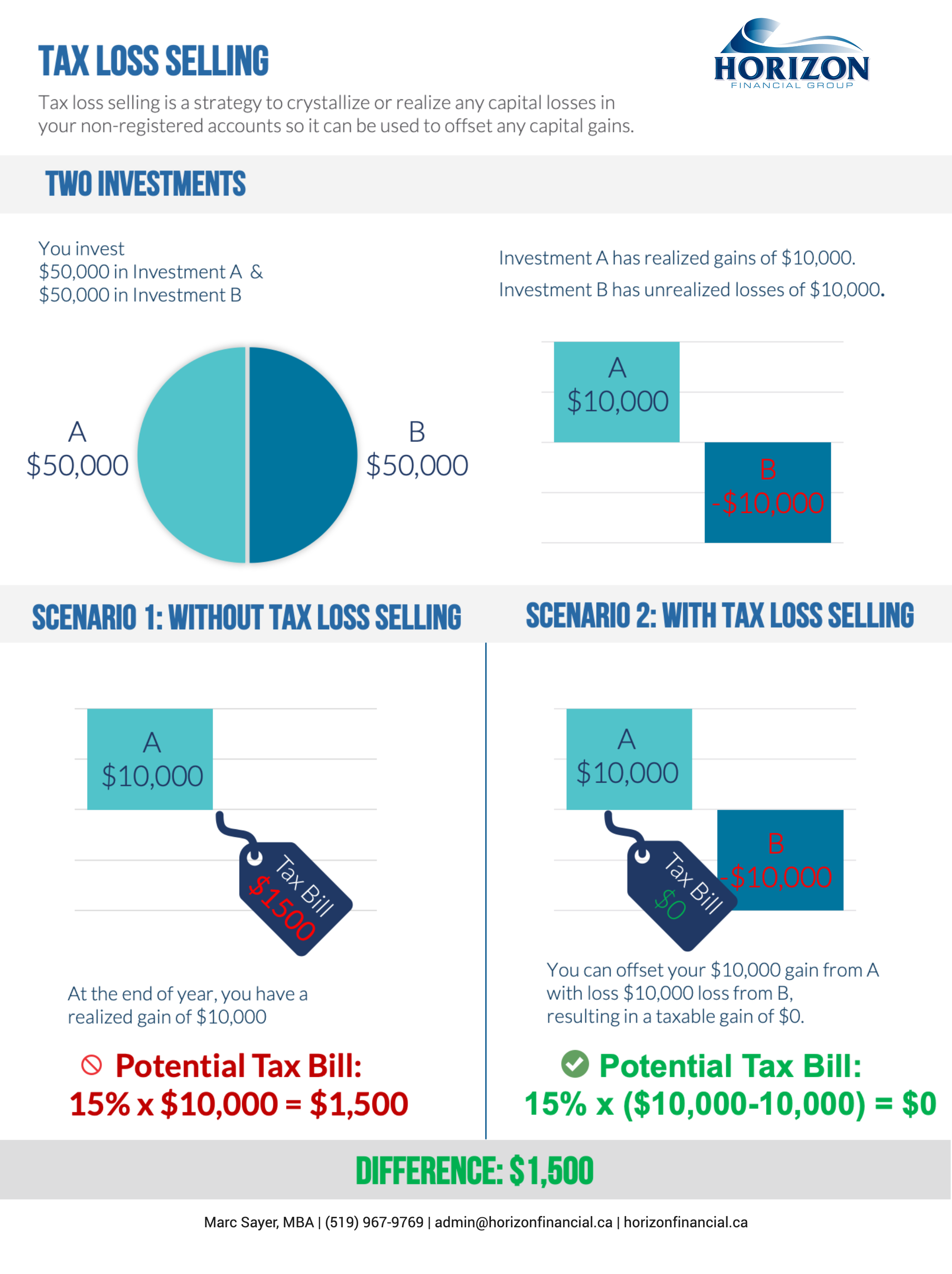Canada Emergency Student Benefit: Students will be eligible for $1,250 a month from May through August
Canada Emergency Student Benefit – $1,250/month from May through August or $1,750/month for those taking care of someone else or have a disability
Great news for students worried about financially making ends meet. Prime Minister Justin Trudeau announced the Canada Emergency Student Benefit which provides $1,250/month from May through August or $1,750/month for those taking care of someone else or have a disability.
“Right now you might be worried about how to make ends meet. You probably can’t work your normal job and that might be a big problem for rent or for groceries. So we’re bringing in the Canada Emergency Student Benefit (CESB) to help. With this benefit you’ll get $1,250 a month from May to August and if you take care of someone else or have a disability that amount will go up to $1,750 each month” – PM Justin Trudeau
On eligibility, the Prime Minister added:
“This benefit is designed for you. If you’re a post-secondary student right now. If you’re going to college in September or if you graduated in December 2019. It’s there for you even if you have a job but you’re only making up to $1,000 a month. The period for the benefit will start on May 1st and your payments will be delivered through the Canada Revenue Agency.”
Canada Student Service Grant – $1,000 to $5,000 to support students helping fight against COVID-19
For students looking to volunteer to help fight COVID-19, the Canada Student Service Grant provides $1,000 to $5,000:
“Of course the paying job isn’t the only valuable way to spend your summer. Volunteering can be a fantastic way to build skills, make contacts or just give back. If you are volunteering instead of working we’re going to make sure that you have support too. Students helping in the fight against COVID-19 this summer will soon be eligible for $1,000 to $5,000 depending on your hours through the new Canada Student Service Grant (CSSG). Your energy and your skills can do a lot of good right now” – PM Justin Trudeau
Details of these programs will be posted on the Government of Canada website. Keep checking their website for more details:
